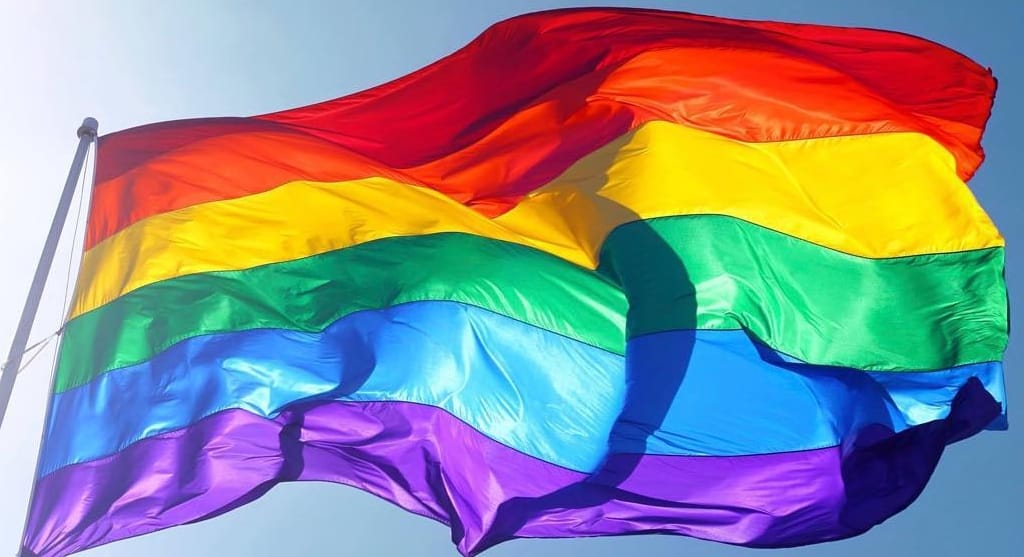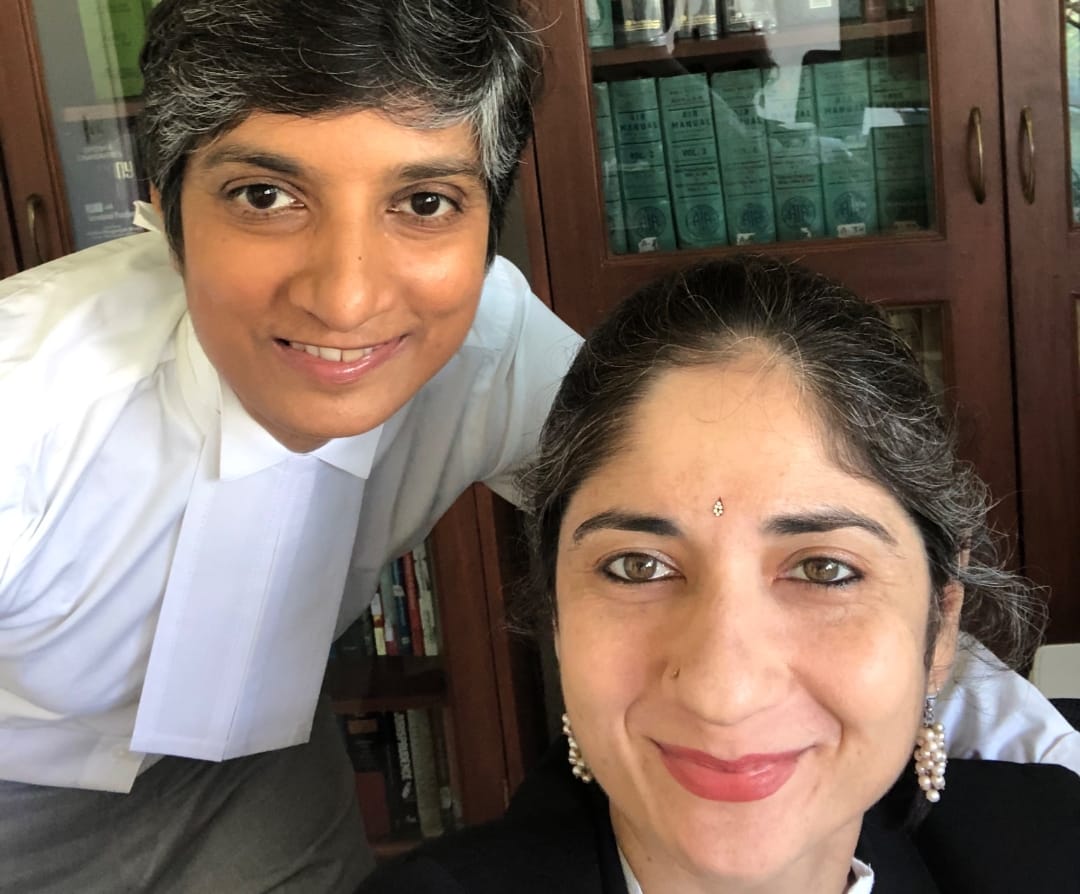The Supreme Court of India has resumed its hearing today on a clutch of petitions related to legalising same-sex marriage — and also transgender marriage — in the country, even as the Bar Council of India (BCI) has said that it would be “catastrophic” to change something as fundamental as marriage through judicial proceedings.
Yesterday’s hearing by the five-judge bench was cancelled as two of the judges — Justice SK Kaul and Justice SR Bhat — had tested COVID-positive. Today’s hearing was physically attended by the Chief Justice of India (CJI) DY Chandrachur, Justice Hima Kohli, and Justice PS Narasimha, while Justices Kaul and Bhat attended virtually.
Speaking in the courtroom today, lawyer Menaka Guruswamy, who, along with lawyer Arundhati Katju, had worked on getting homosexual sex decriminalised in 2018, said that there were certain basic rights that were not subject to the “whims and vagaries” of either the legislature or the majority.
Guruswamy and Katju, after their professional success with getting parts of Section 377 of the Indian Penal Code scrapped, thereby helping queer couples come out without fear, had revealed that they were a couple in their personal life, too. Then in 2020, they had said that they would work on The Marriage Project, with the aim of getting legal recognition — and all the consequent legal rights — for non-heterosexual marriage.
Also read: Same-sex marriage in India: Even after 377, Milord, there is a stigma, Supreme Court told
Bar Council opposes judicial ruling on same-sex marriage
However, there is strong opposition to the Supreme Court taking up these same-sex marriage petitions at all, let alone ruling on the issue. Some of that opposition has come from the legal circle itself. On Sunday, the Bar Council said in a resolution that “more than 99.9 per cent people [in India] were opposed to same-sex marriage”, according to a report by LiveLaw.in. The BCI said that “ever since the inception of human civilisation and culture, marriage has been typically accepted and categorised as a union of biological man and woman for the twin purpose of procreation and recreation”.
The resolution from the Bar Council said that the legislature of India, being “truly reflective of the will of the people”, should deal with such “sensitive” issues. This point of view echoed what the Central government has already said on same-sex marriage.
Before these hearings began last week, the Central government had submitted an application to the Supreme Court in which it said that legalising same-sex marriage in India should not happen through judicial intervention. Only the “appropriate legislature” was the “proper authority” for such a legal change, said the application.
Also read: Same-sex marriage petitions hearing begins in Supreme Court of India
Lawyer for petitioner refutes that marriage is mainly for procreation
However, the idea of marriage being mainly for the purpose of procreation was contested today by advocate Vrinda Grover, who argued, “Family is also needed outside the need for procreation for one’s well-being.”
Guruswamy appealed to the Supreme Court as the “North Star” on many issues. She said, “Milords have been that North Star, not just for LGBTQ rights but in many facets of fundamental rights, pre the legislature walking the talk. So we don’t ask for anything that special today. We only ask for a workable interpretation of the Special Marriage Act, and counsel after counsel has presented workability tables to my lords, as have I.”
According to previous reports, the petitioners ask, among other things, if the provisions of the Special Marriage Act, Foreigners Marriage Act, Hindu Marriage Act, and other personal laws could be made gender-neutral, by reading ‘spouse’ instead of ‘husband’ or ‘wife’.




